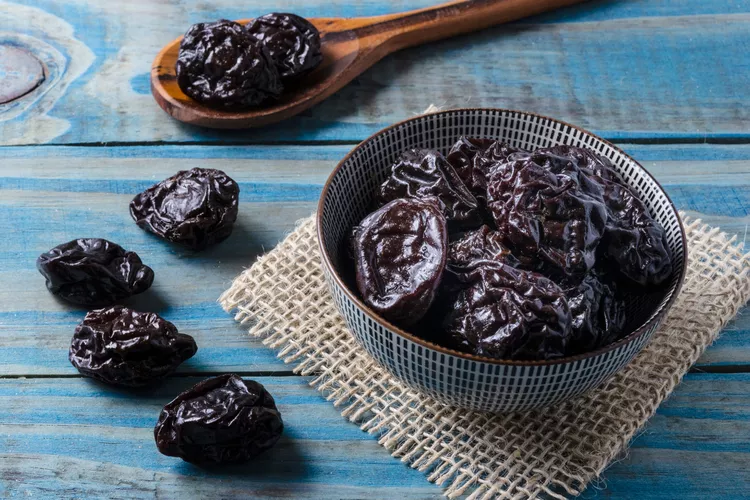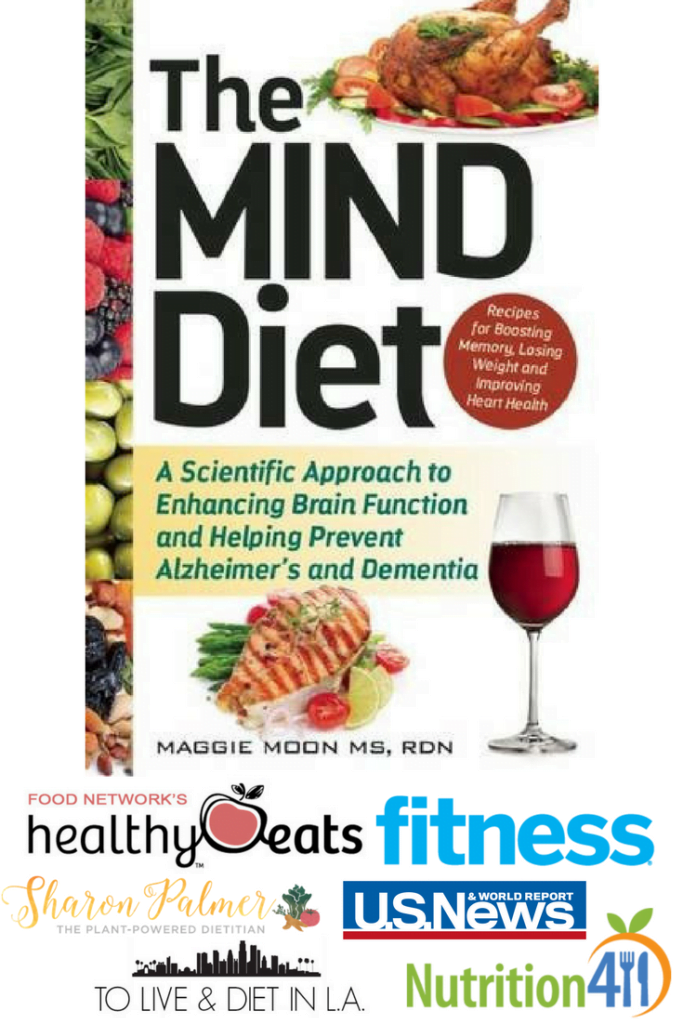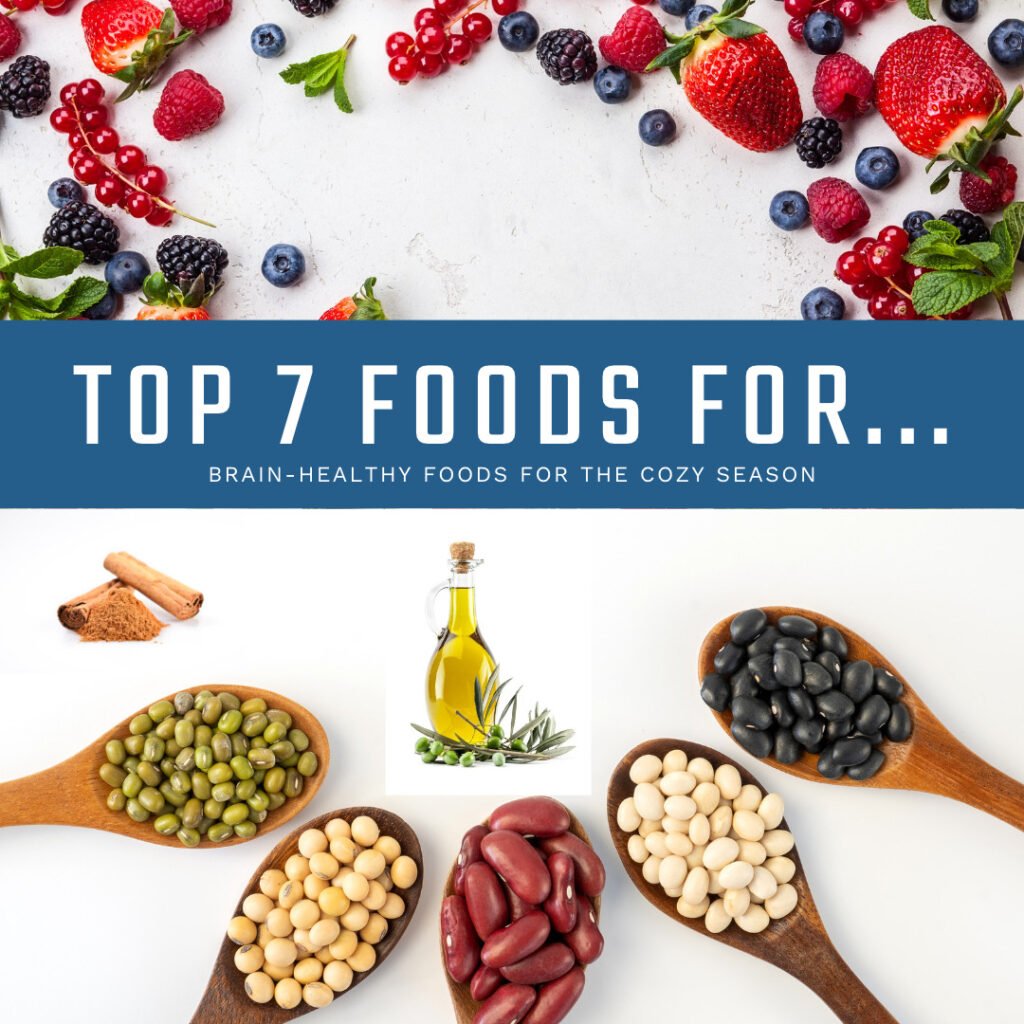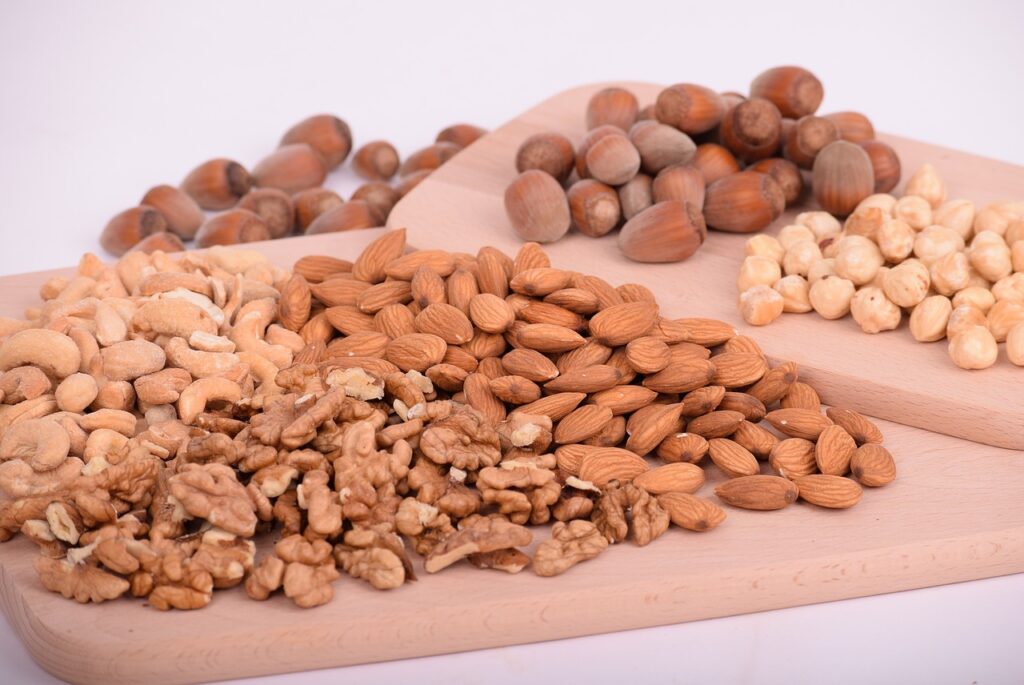I recently talked to a journalist from RealSimple all about prunes. We talked about what prunes are, ways to enjoy them, and some of their top health benefits. They’re great for anyone looking for a bit of something naturally sweet, and they offer heart-healthy fiber and brain-healthy antioxidants. I’m expanding on a few of my insights here, but to read the full article all about prunes, check it out here.
What are prunes?
Prunes are dried plums.
How can people include prunes in their routine?
As an anytime on-the-go snack, you can pack prunes in your gym bag, hiking fanny pack, backpack, or purse. Add prunes to lunch boxes. Chop them up and add them to a warm whole grain salad with veggies and olive oil. Add chopped prunes to your morning oatmeal. You can bake with prunes. They make cakes and breads extra moist. Make your own trail mix with prunes, nuts, sunflower seeds, dark chocolate, and granola. Blend them into your smoothie for extra fiber and natural sweetness. Prunes can be a sweet bite after dinner.
Can prunes help with regularity?
Prunes are high in fibers that feed good gut bacteria (pectin), and stimulate peristalsis and help bulk up stool volume (cellulose). Prunes also contain other components that feed good gut bacteria (sorbitol, polyphenols). Sorbitol is a naturally occurring sugar alcohol in some fruit like prunes, strawberries, apples, and avocados. The body does not digest sorbitol, though the microbiota does. As it goes through the digestive system, sorbitol attracts water, which bulks up stool volume and provides a laxative effect. Research suggests 80-120g/d helps for regularity, which translates to about 8-13 prunes.
How do prunes promote bone health?
Research suggests prunes help the body absorb calcium for strong bones. Actually, prunes contain several bioactive compounds that create a bone health-promoting food matrix, including dietary fiber, vitamin K, and minerals including potassium, magnesium, boron, copper, and polyphenols. Whole foods like prunes offer nutrients in a food matrix that offer more than isolated nutrients on their own. That is, the whole is more than the sum of its parts.
The soluble and insoluble fibers in prunes are known to increase calcium absorption. The fibers in prunes are fermented by gut bacteria, which produces beneficial short chain fatty acids (SCFA) that further improve calcium absorption.
Will prunes help keep me full?
If you’re looking to reach for a sweet treat and want something with staying power, prunes are a better choice than cookies. A study found that compared to other common foods like bread and cookies, prunes have a higher satiety index. Eating prunes resulted in a lower blood sugar response compared to bread and cookies. Eating prunes also tended to lower hunger hormone activity, which may be another way they manage hunger.
Should I be worried about the sugar in prunes?
Prunes do not contain any added sugars. Prunes also offer a low glycemic index of 29, making them a good option for people monitoring their blood sugar.
Can you eat too many prunes?
A serving is 5 prunes, which isn’t enough to bother most people. In fact, research suggests eating 9-10 prunes a day won’t cause digestive problems and can promote bone health. Those starting with a very low fiber intake may want to start with one or two prunes per day and work up to more. Plus, you don’t have to eat them all at once – they can be enjoyed throughout the day.









